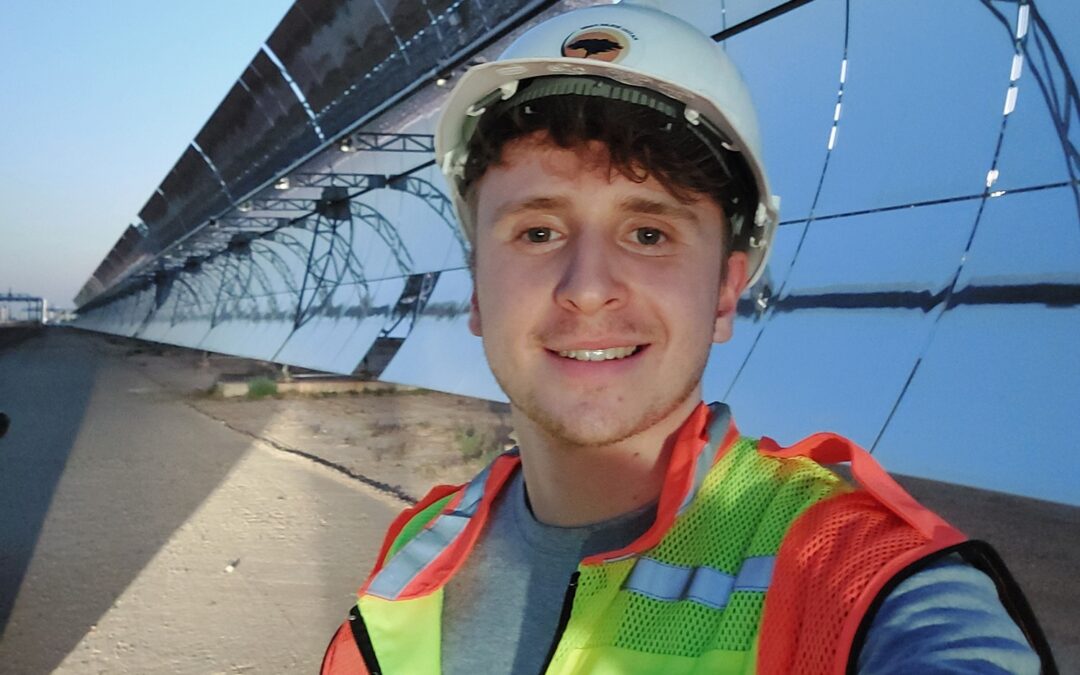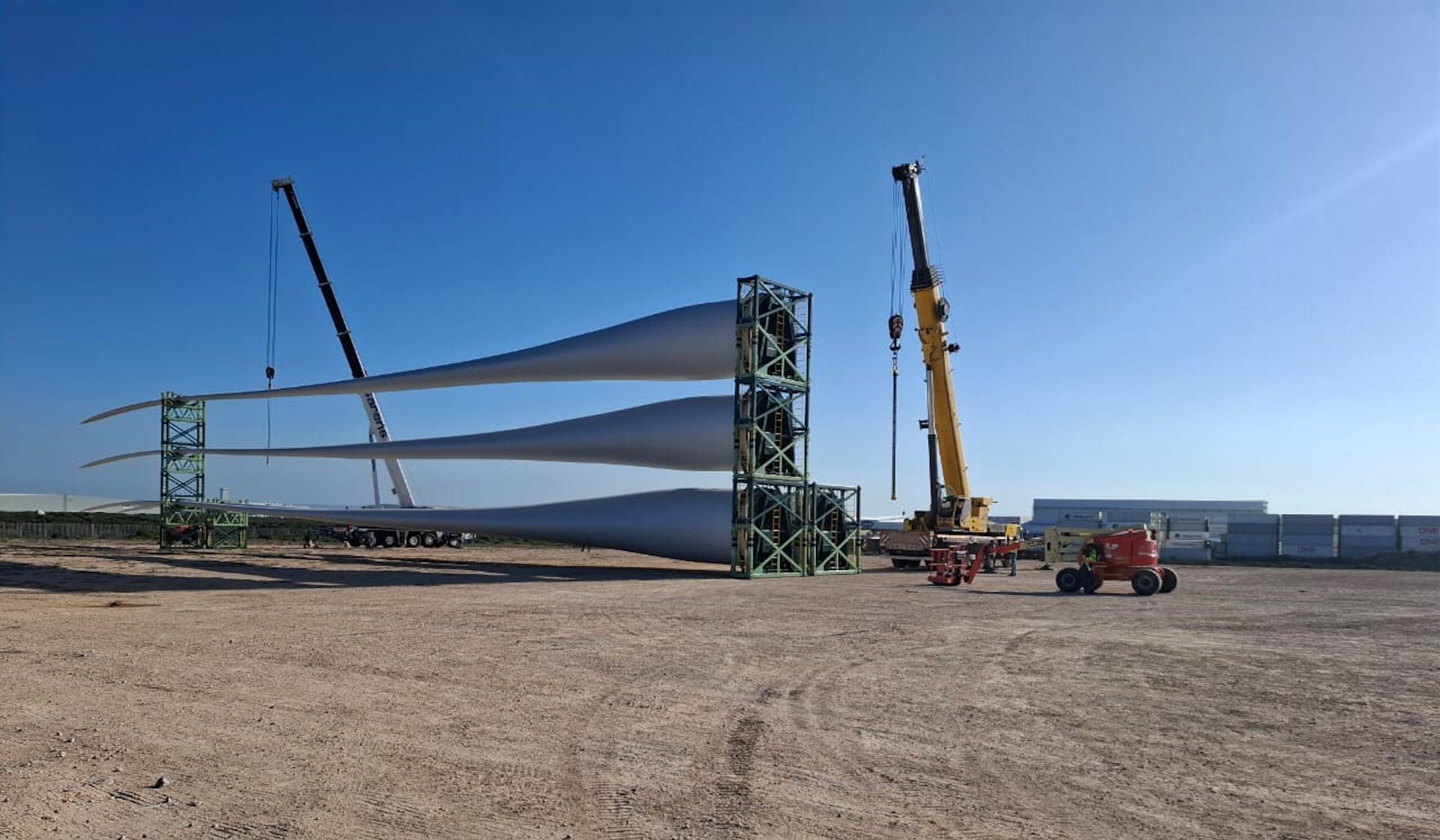Gabriel Wolfson, a newly qualified Mechanical Engineer, set to graduate from the University of the Witwatersrand (WITS) in April, has made significant strides in advancing renewable energy efficiency with his final year research project, “Developing More Effective Strategies for CSP Plant Operation Using Machine Learning.” Conducted in partnership with Kathu Solar Park (KSP), a majority-owned subsidiary of ENGIE, this project highlights innovative approaches to improving the efficiency, sustainability, and performance of Concentrated Solar Power (CSP) plants, marking a promising development for the renewable energy sector.
In collaboration with KSP, Gabriel developed a machine-learning-based tool that optimises CSP plant operations. Leveraging historical operational data, he created a predictive model and reinforcement learning agent capable of refining operating strategies. This innovative approach has the potential to increase revenue by up to 20% during specific seasons while empowering human operators with data-driven decision-making support.
“CSP captivated me due to its ability to address renewable energy’s variability through thermal energy storage,” said Gabriel. “By integrating machine learning, I aimed to enhance its operational resilience, aligning with the global transition to a low-carbon future.”
The project also aligns with KSP’s commitment to fostering innovation. Dr. Gary De Klerk, Technical Manager at KSP, remarked, “Gabriel’s tool exemplifies how advanced optimisation can empower operators to deliver more green energy to the grid, reflecting our vision for innovation and sustainability.”
Gabriel’s selection to present his research at the WITS Mechanical, Industrial, and Aeronautical Engineering valediction late last year underscores the academic and industry significance of his work. As he commences his role in the ENGIE Renewables Graduate Programme this month, Gabriel plans to further explore data-driven optimisation across diverse renewable energy and green hydrogen projects.
“We are committed to developing skilled resources, mainly through the graduate programme which seeks to provide work experience for local graduates. Gabriel’s progress mirrors that which we wish to achieve in all the graduates. The relationship with Gabriel has grown from strength to strength and we have seen how he worked hard to develop his technical knowledge and understanding. He produced excellent work for his fourth-year research project and scooped the accolades for it – including a final mark of 90% and invitation to present his research at the upcoming South African Conference on Computational and Applied Mechanics – achievements we are very proud of,” concluded de Klerk.


